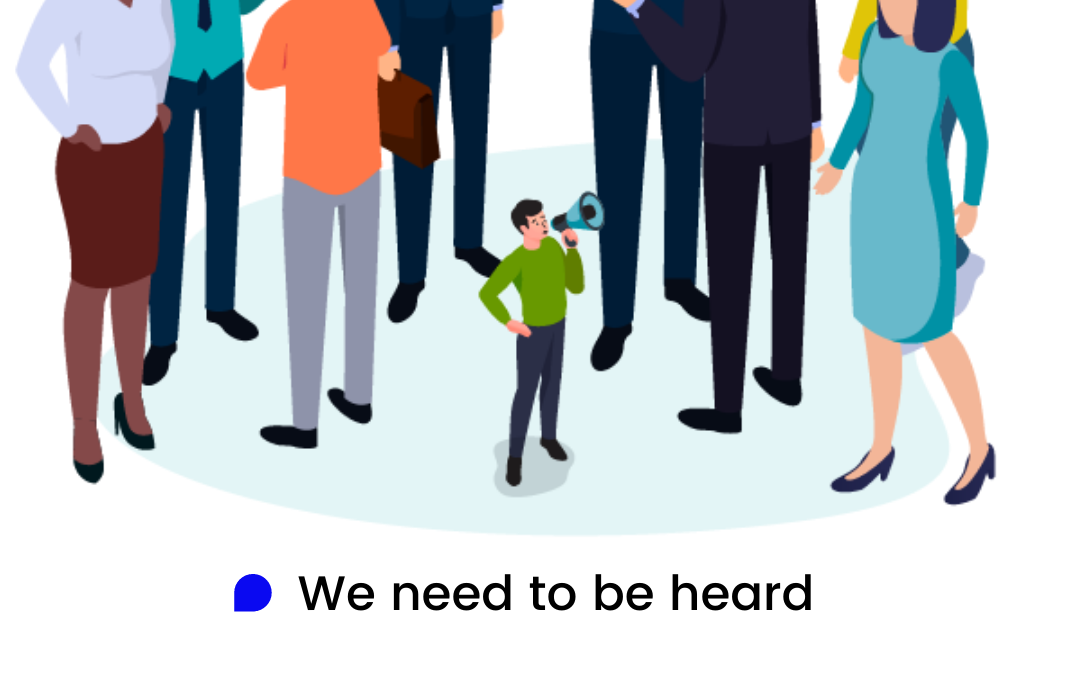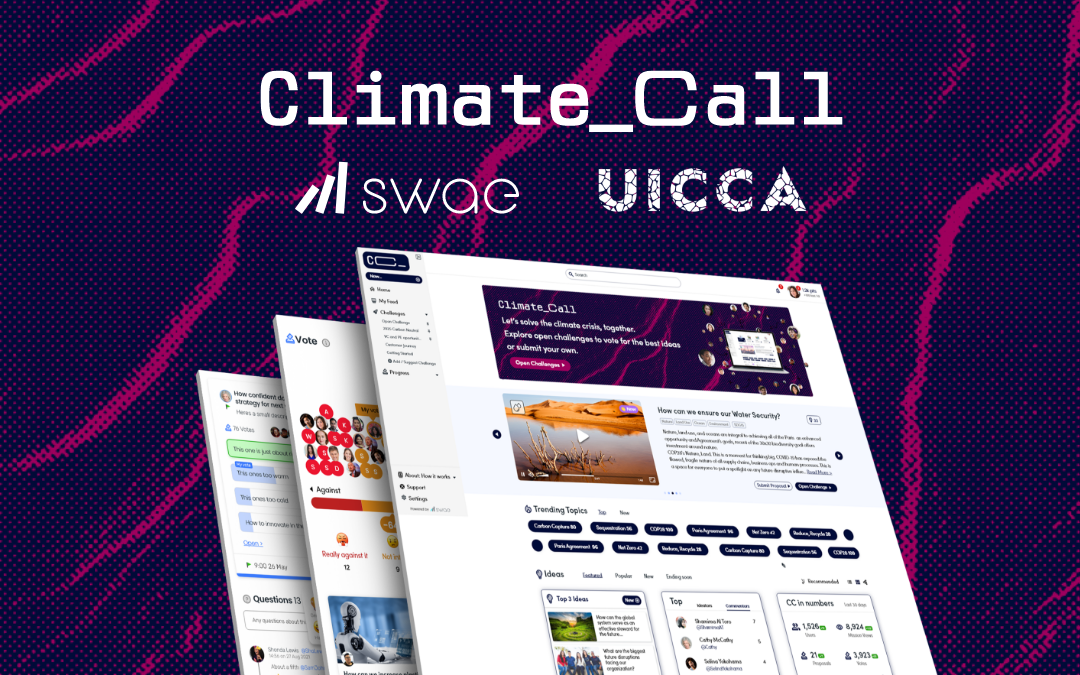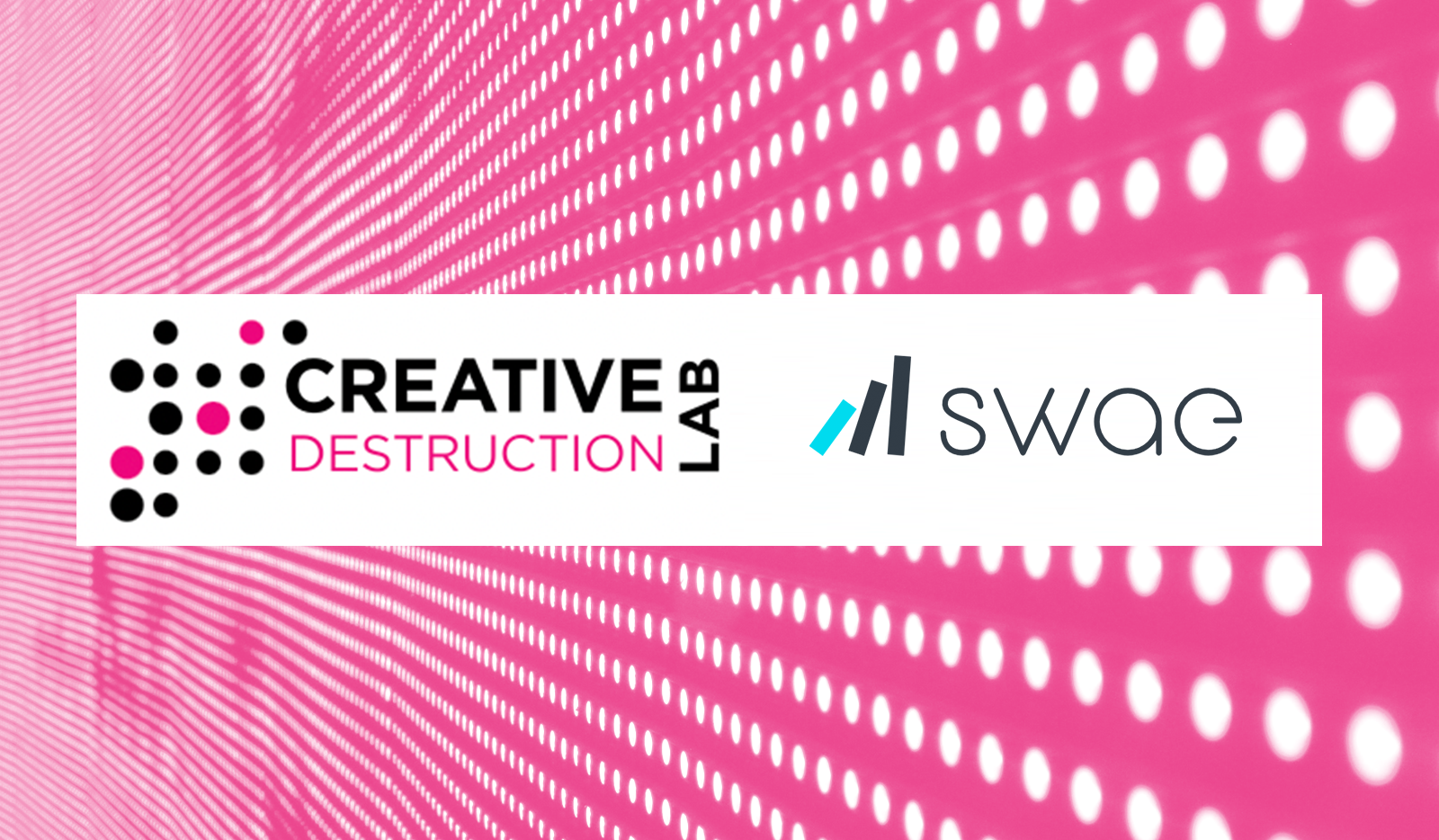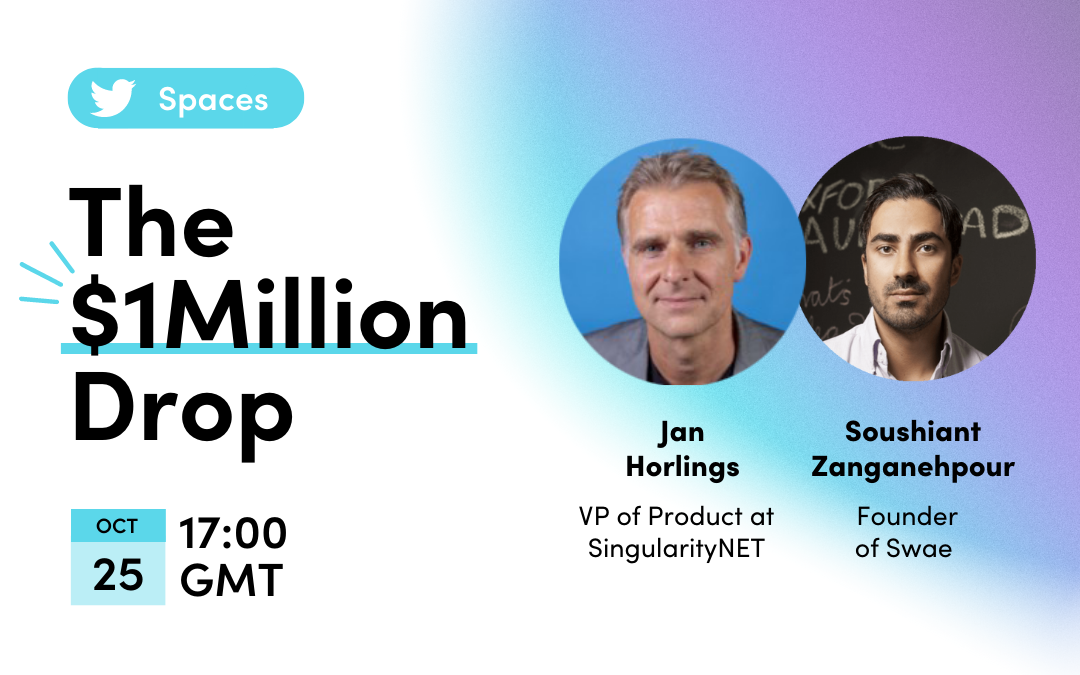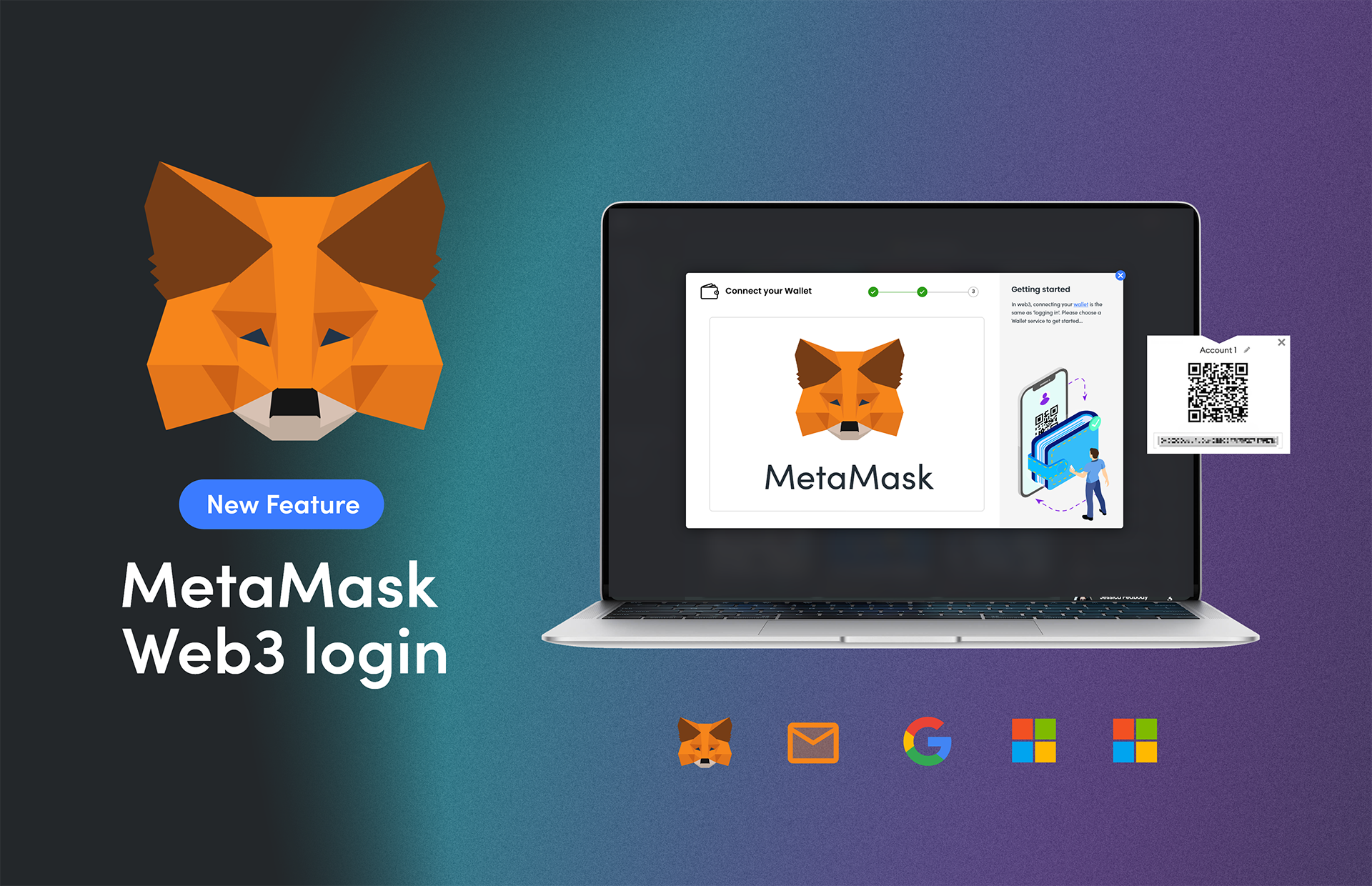Swae, the future of Digital Democracy - Blockchain Futurist Conference [Michelle Rempel, Canadian MP and Tanya Woods, Web3 Expert plug Swae in the main Arena]15 August 2022 2.40 min Video, 1 min ReadMichelle Rempel @MichelleRempel Canadian Member of Parliament and...
![Why Should I Care About the “Future of Work” [And What Does That Even Mean]](https://swae.io/wp-content/uploads/Future_of_Work_Swae-1080x675.png)
Why Should I Care About the “Future of Work” [And What Does That Even Mean]
Why Should I Care About the “Future of Work” [And What Does That Even Mean]

The future of work describes changes in how work will get done over the coming years as influenced by technological, generational and societal shifts.
What does Future of Work even mean?
Like many phrases, the “future of work” has been a term thrown around for a long time in conferences and such and is a buzzword people use, but many don’t really understand what it means.
We found Deloitte has a pretty good (and simple) definition:
“We define the future of work as a result of many forces of change affecting three deeply connected dimensions of an organization: the work (the what), the workforce (the who), and the workplace (the where).”
When we dig into the technological, generational and social shifts taking place, we see very clearly that organizations today face extraordinary challenges. So, the “future of work” can be very elusive and difficult to map out when things change at speeds never seen before. From the likes of the global pandemic situation, to adapting to new technologies, competitors, customer needs, and social norms, it seems that every development is coming in at rates that we haven’t seen before.
What we see happening right now is that major companies are being disrupted daily, staff is feeling more and more disengaged, and customers are demanding new, innovative ways to connect.
Technology and the Future of Work
McKinsey & Company released a study in 2020 that explored How COVID-19 has pushed companies over the technology tipping point—and transformed business forever.
What they found surrounding COVID-19 in particular is that it pushed companies over the “technology tipping point” and transformed business forever. According to the Microsoft CEO Satya Nadella, “We saw two years-worth of digital transformation take place in the first two months [of COVID-19]”.
In the eCommerce space, the changes were even more dramatic as the need to replace physical channels prevalent prior to COVID-19 became a life-or-death decision for many companies. Numerous reports and analysis confirm that COVID-19 forced more digital transformation to organizations in 3 months than over the past 10 years-worth of efforts by organizations and consulting firms combined. Every single industry has had to face new challenges that they need to learn how to overcome.
We’ve seen two years’ worth of digital transformation in two months”
 Satya Nadella Chairman & CEO of Microsoft
Satya Nadella Chairman & CEO of Microsoft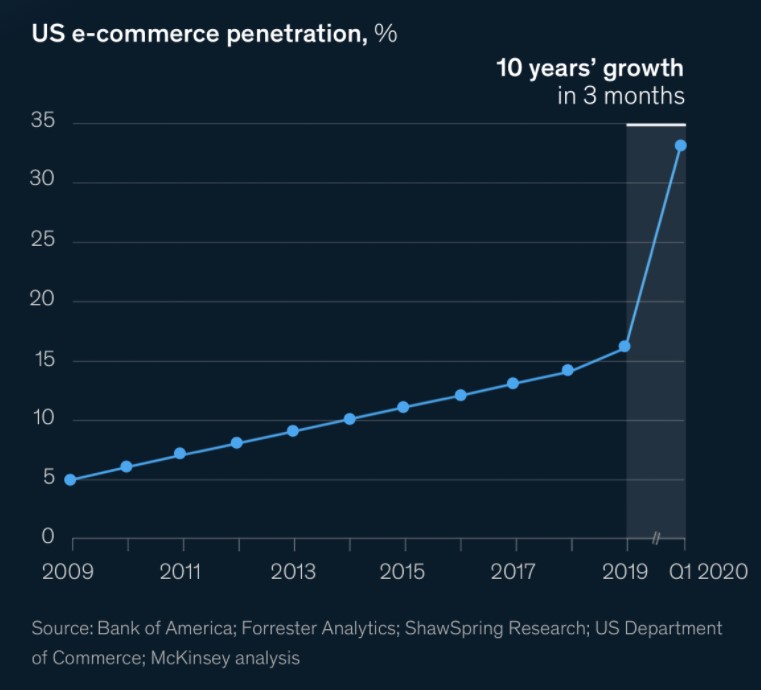
To help organizations adapt to these challenges, technology platforms have had to step up, with many reports showing how tech outperformed the broader market. Specifically, the entire sector was up about 40% in the calendar year of 2020 alone.
The study by McKinsey & Company also looked at how the workplace environment has shifted and digitization has accelerated supply-chain interactions and internal operations by three to four years! Even more shocking, was that the share of digital or digitally-enabled products in their portfolios accelerated by seven years!
The point? In order to stay competitive in this new business and economic environment it requires companies to think outside the box and come up with better ways to collaborate and to dramatically change their internal practices.
Senior Executives are taking note and recognize technology’s strategic importance as a critical component of the business, not just a source of cost efficiencies.

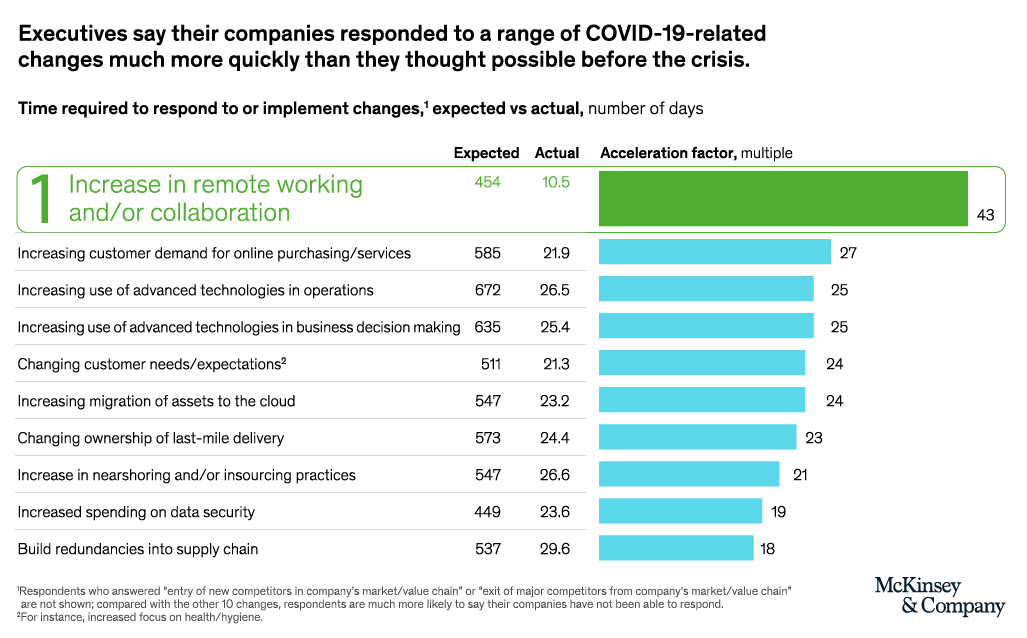
Chart source: McKinsey & Company Survey
In another study, G2’s 2022 Trends report on Software for the Hybrid Workplace showed that businesses in 2022 have begun to shift their focus from managing a hybrid office to achieving and maintaining efficient modes of communication in the post-pandemic work environment.
The future of work around technology is that companies must find better solutions to remote working and remote collaboration. These two priorities sit at the top of the list that executives and organizations MUST look at and respond to immediately, or be left behind.
The future of work around technological changes isn’t in the future anymore, it’s imperative to look at ways to enhance the hybrid work model, collaboration and employee engagement – and permutations of “work from home” – right now.
Generational and Social Shifts and the Future of Work
According to G2, companies will need to continue to offer a hybrid or fully remote option in order to retain top talent, especially after The Great Resignation of 2021 (the government’s jobs report released that over 20 million people quit their jobs in the second half of 2021. Some are calling it the “big quit,” others the “great resignation”).
The desire for more freedom and flexibility has changed the employee experience forever and is now a huge social shift and generational priority. Therefore, communication and collaboration will be affected if teams are unable to adjust properly. Unfortunately, the standard video conferencing software will likely not be enough for teams in the long run. Part of adapting to this new environment will include a larger focus on tools that can enhance the virtual employee experience.
High-quality communication and collaboration will become a priority for teams moving forward. Additionally, employers must consider individuals who may feel isolated if there is not enough team bonding time or face-to-face meetings. Finding ways to cultivate a healthy company culture and effective methods of communication in the current environment is vital.
This is where Swae has been most helpful to organizations. We know that the world has changed irreversibly and new threats and opportunities arise daily for organizations. To source the best solutions to these challenges, the need for diverse options and competition for the best solutions has never been more important.
A study by PwC Pulse Survey: Next in work states that we are at a pivotal moment for the future of work, and companies can help their businesses and employees thrive if employees remain the number one source of finding good solutions to internal and external challenges.
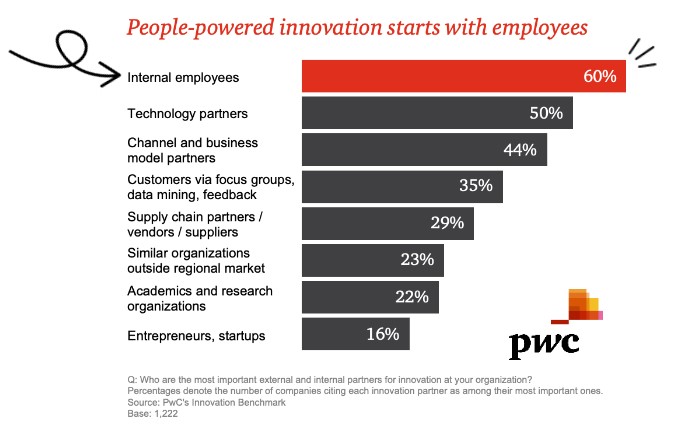
This is where Swae comes into the picture.
Swae solves this by helping organizations tap into the intelligence of their people with the ability to leverage the power of AI and a merit-based, bottom-up methodology. The outcome is the ability to develop smarter decisions without sacrificing speed.

For example, employees who feel comfortable speaking up at work about problems and their solutions to them are 92% more likely to want to stay with the company (even if offered a comparable position elsewhere) versus 60% for those who don’t feel comfortable or have the chance to speak up at all.
Furthermore, 95% of those who do speak up expressed excitement to come to work to do their jobs and said they would recommend their company as a great place to work, compared with 61% among those who did not have the opportunity to speak up.
Swae is on a mission to give everyone a voice and to help leaders uncover the possibilities from within their organization to drive significant improvements by unlocking hidden ideas from their people. Unlocking and cultivating the hidden innovations and opportunities have demonstrated time and time again that it can drive massive change and major improvements. The secret to doing this comes from what our inclusive platform activates to get there; trust, collaboration, engagement and an “idea meritocracy” where the best ideas rise to the top.
We want companies to WIN and we want leaders to understand the concept of what an “idea meritocracy” is. Therein lies the key to performance gains, and in the words of one of its most prolific enthusiasts, Ray Dalio, the Founder of Bridgewater Associates – the most successful hedgefund in history – and author of #1 New York Times bestseller Principles, said:
“I believe in idea meritocracy – a system that brings together smart, independent thinkers and has them productively disagree to come up with the best possible collective thinking and resolve their disagreements in a believability-weighted way that will outperform any other decision-making system. To have an idea meritocracy, you put your honest thoughts on the table, have thoughtful disagreement, and abide by agreed-upon ways of getting past disagreement.”

Ray Dalio Founder Bridgewater Associates
In his book Principles, Mr. Dalio credits the system of idea meritocracy as the backbone of Bridgewater’s internal operating system and culture for unearthing trapped insights and turning unconventional ideas into organizational decisions. In an industry as reliant on high quality arguments, unbiased information, and sound decisions as the financial industry is – it’s no surprise how an idea meritocracy helped them build a repeatable and scalable system for helping the most appropriate internal and external decisions rise from the bottom to the top.
Many believe this is Bridgewater’s secret weapon for outperforming all its competitors and every other hedge fund in the history of the industry.
It’s becoming more widely accepted that an organization’s best ideas and solutions can come from anywhere regardless of the hierarchy, and Swae helps its users feel they have a real voice and platform that they can trust to share their ideas about problems and solutions at the workplace. These are ideas that would otherwise get lost or neglected in the complex and bureaucratic web of tools, workflows and processes that a large-scale modern company encompasses.
In a world where continuous innovation is increasingly critical and organizations must move at the pace of software companies, competitive success — perhaps even survival — requires moving beyond exclusive use of hierarchical decision-making, drawing on the power of crowdsourcing and markets wherever possible. Under today’s business environment and circumstances, creating a speak up culture and an idea meritocracy makes strong business sense.
Study after study shows that increasing diversity in teams and companies is not an empty feel-good slogan – it actually leads to more frequent and better-quality innovation and improved financial performance, as experienced by firms like Bridgewater (e.g. BCG’s 2017 research findings).
This is because diverse teams are shown to be smarter, identify and address cognitive biases more frequently in important decisions, and develop better innovations leading to improved financial performance against teams that are more homogenous.
Experts believe this is the case because the greater the diversity of decision makers the more likely they can collect diverse inputs and options to select from, process information more carefully, and catch inherent biases more accurately, leading to more objective and informed choices to select from, and better end decisions.
Companies that take these initiatives seriously and moves them forward as priorities perform better. Swae believes organizations CAN THRIVE when decisions are made more inclusively. The combination of creativity, innovative suggestions and quality of arguments presented through Swae can lead to more informed decisions, leading to better quality choices to select from that impact financial and organizational performance.
“The combination of multiple perspectives offers a wider set of possibilities than simple seniority. Of course, crowds can be wrong…but if the process is designed carefully, with the right checkpoints and safeguards in place, crowdsourcing can bring fresh insights for wider consideration.”

Swae is helping organizations across the world to solve today's problems and generate tomorrow's strategy. Our clients are finding that their greatest resource is their people, and Swae is proven to help get the best from the untapped potential within their workforce. We'd love the chance to show you how Swae can 'pay off' for you...
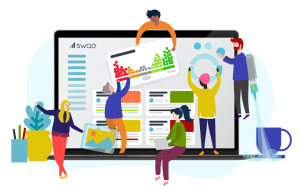
Ready to learn how Swae can help your organization?
More to explore…
The future of Digital Democracy – Swae plugged at Blockchain Futurist ’22
New Feature: MetaMask web3 login on Swae
2 min read, 10 August 2022A core feature for DAOs, web3 login is now enabled on Swae, via MetaMaskWith a simple flick of a switch in their Swae Settings, a DAO can now allow (and require) it's members to login using their MetaMask web3 login. This is added to the...
Swae Sessions | Can Democracy Save the Environment?
Swae SessionsCan Democracy Save the Environment [A Talk to the Council of Europe & World Forum for Democracy]Live on Crowdcast and On Demandby Soushiant Zanganehpour @Soushiant Founder & CEO of Swae During this free webinar, you will learn:xLast year, The...

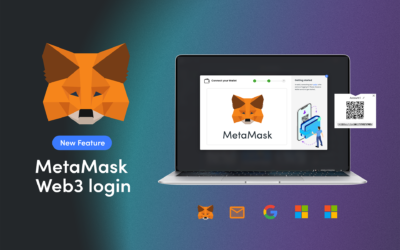
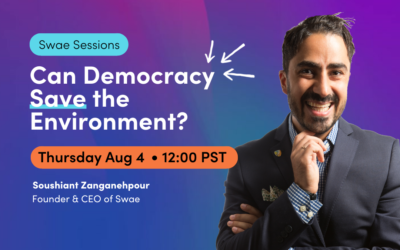

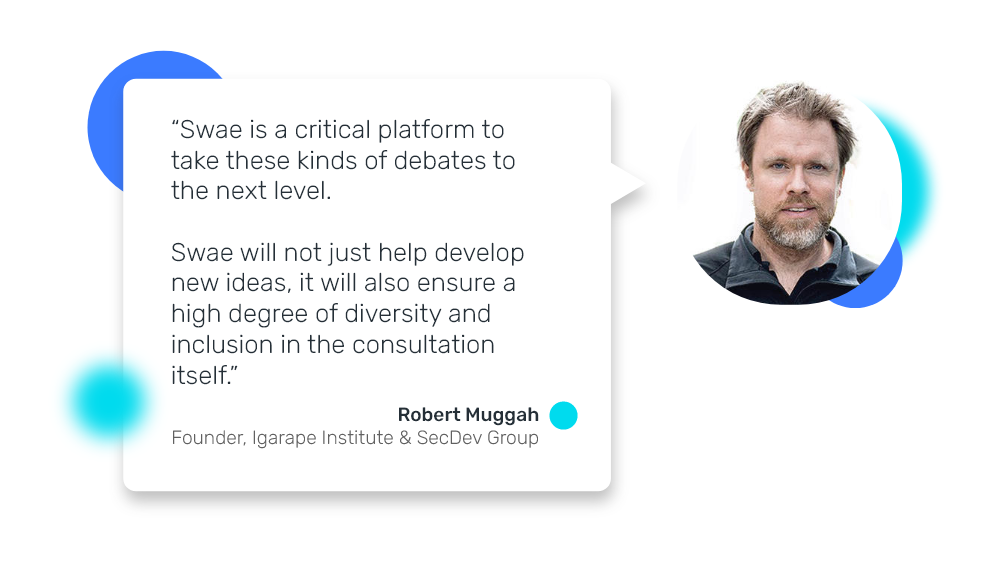
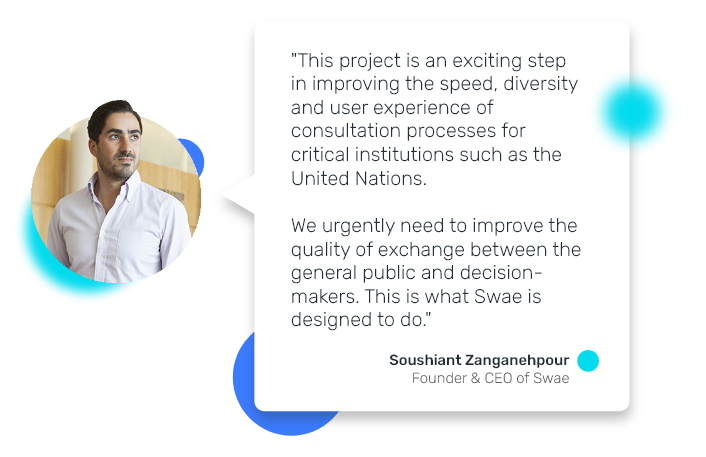
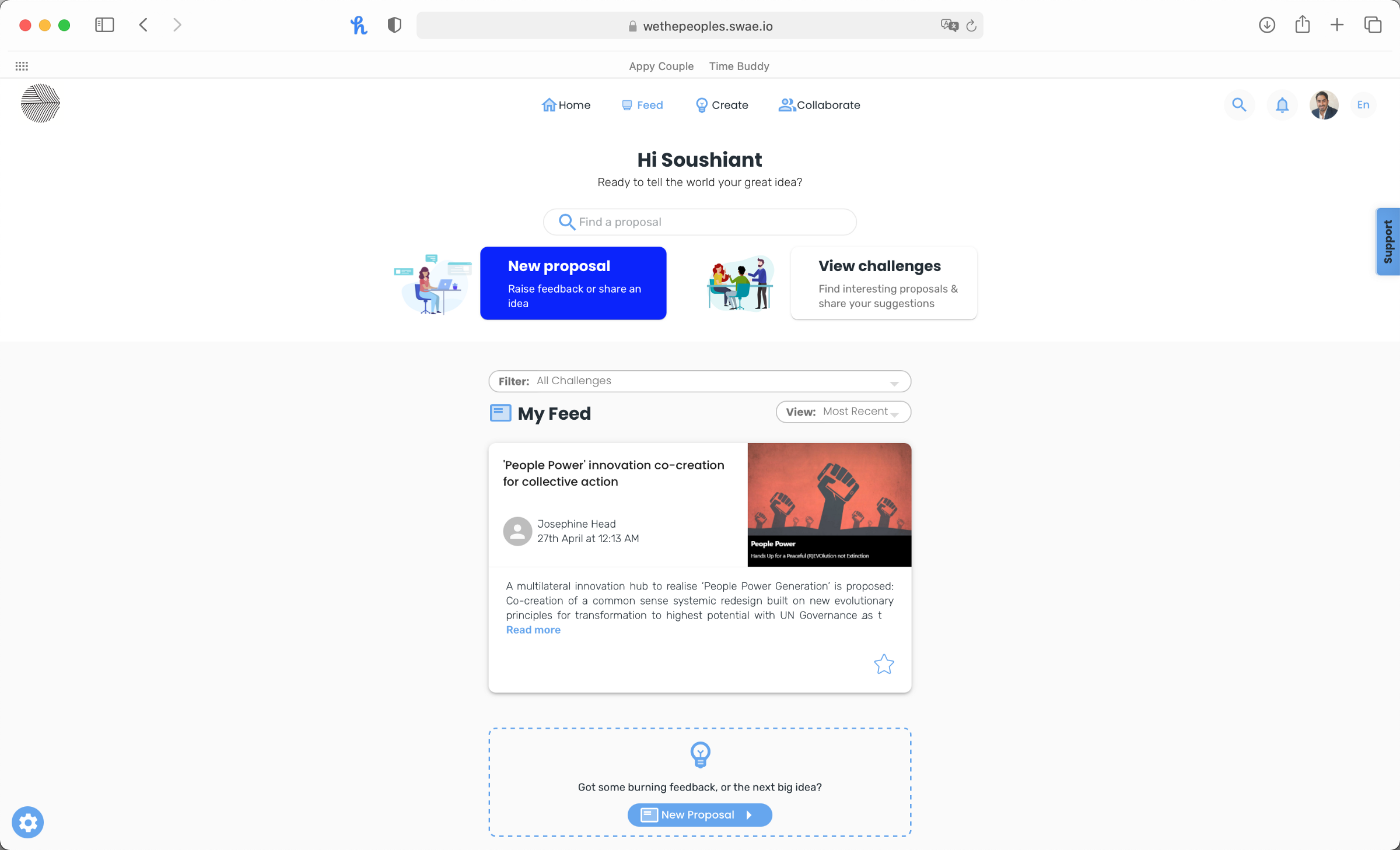
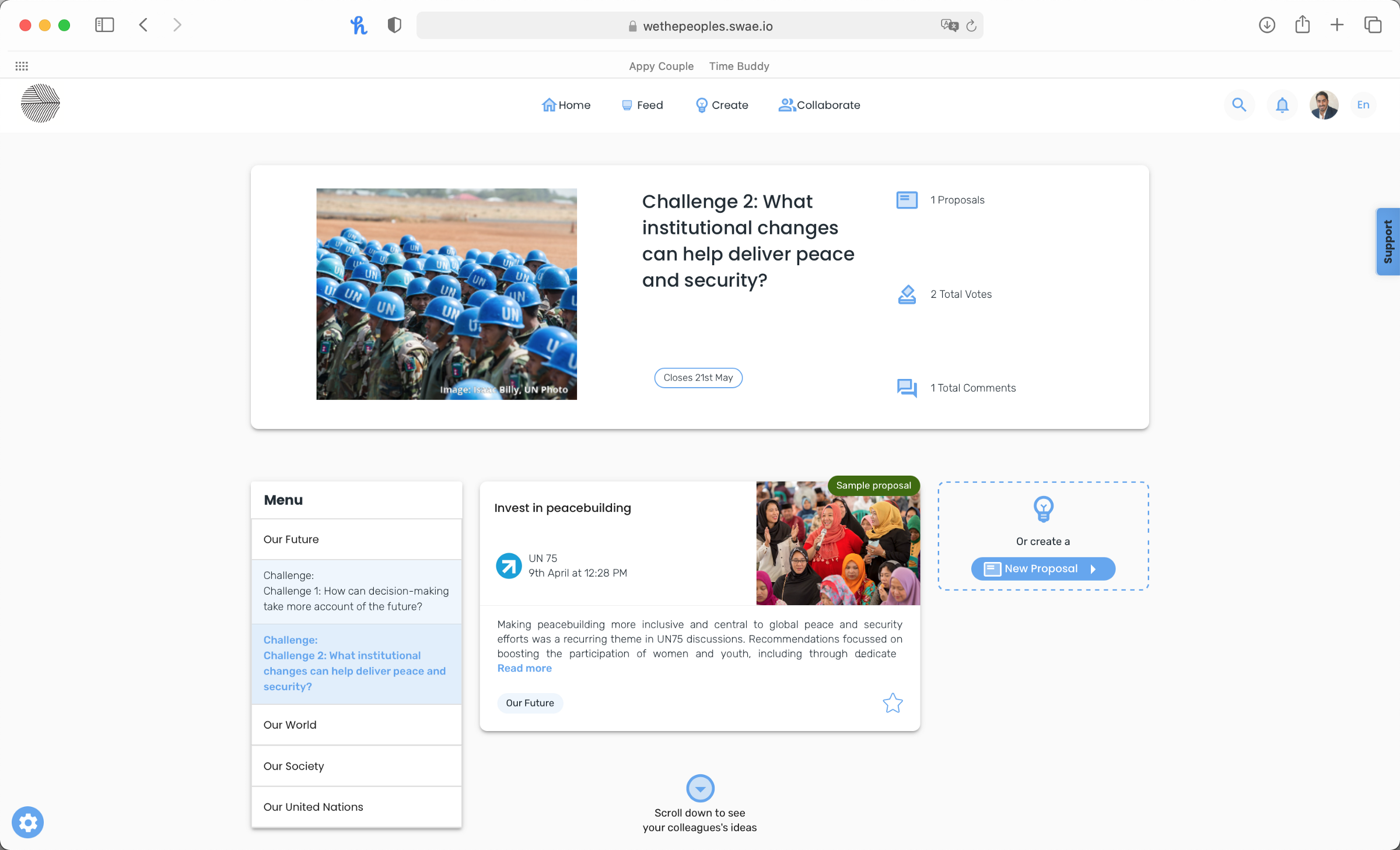
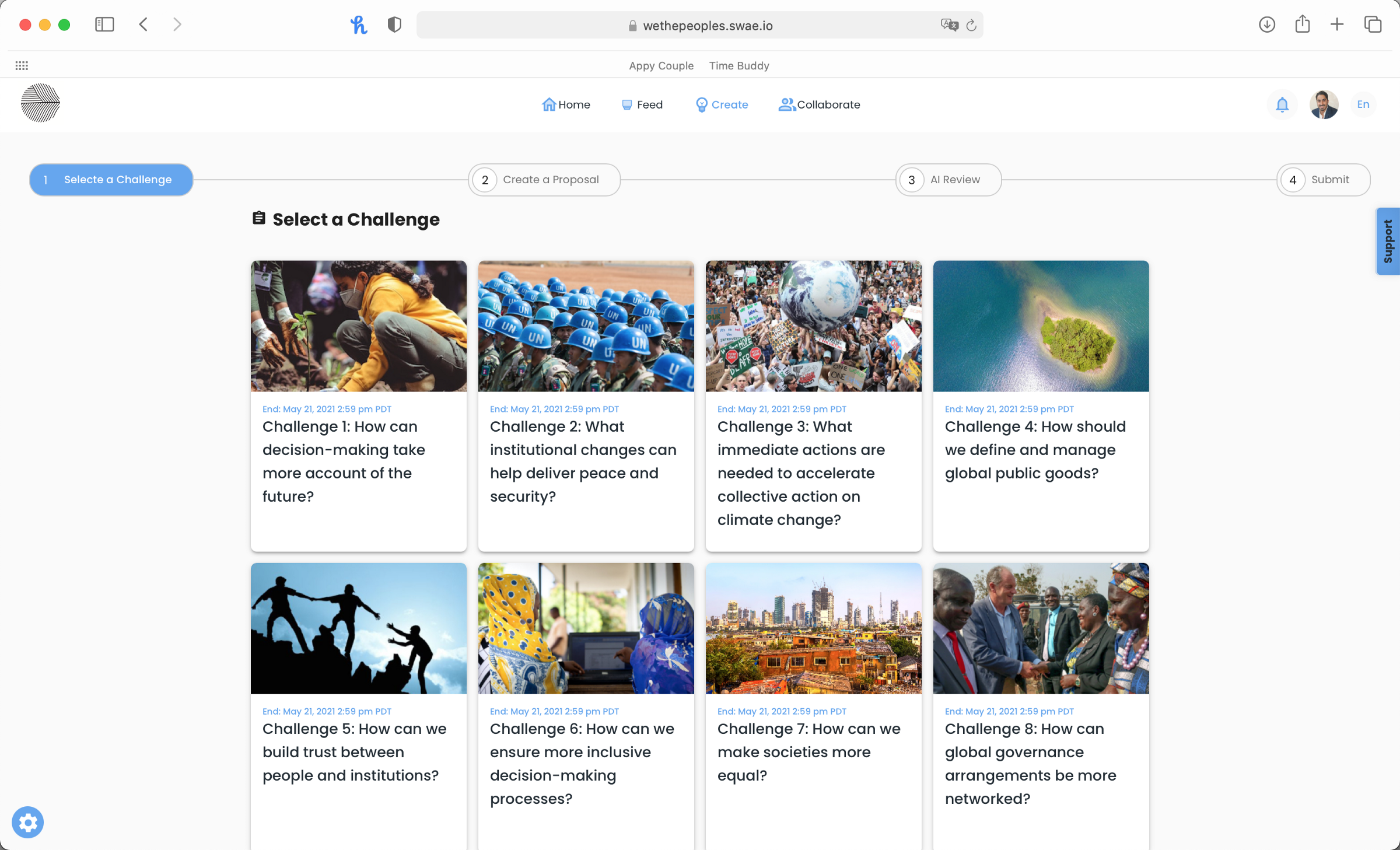
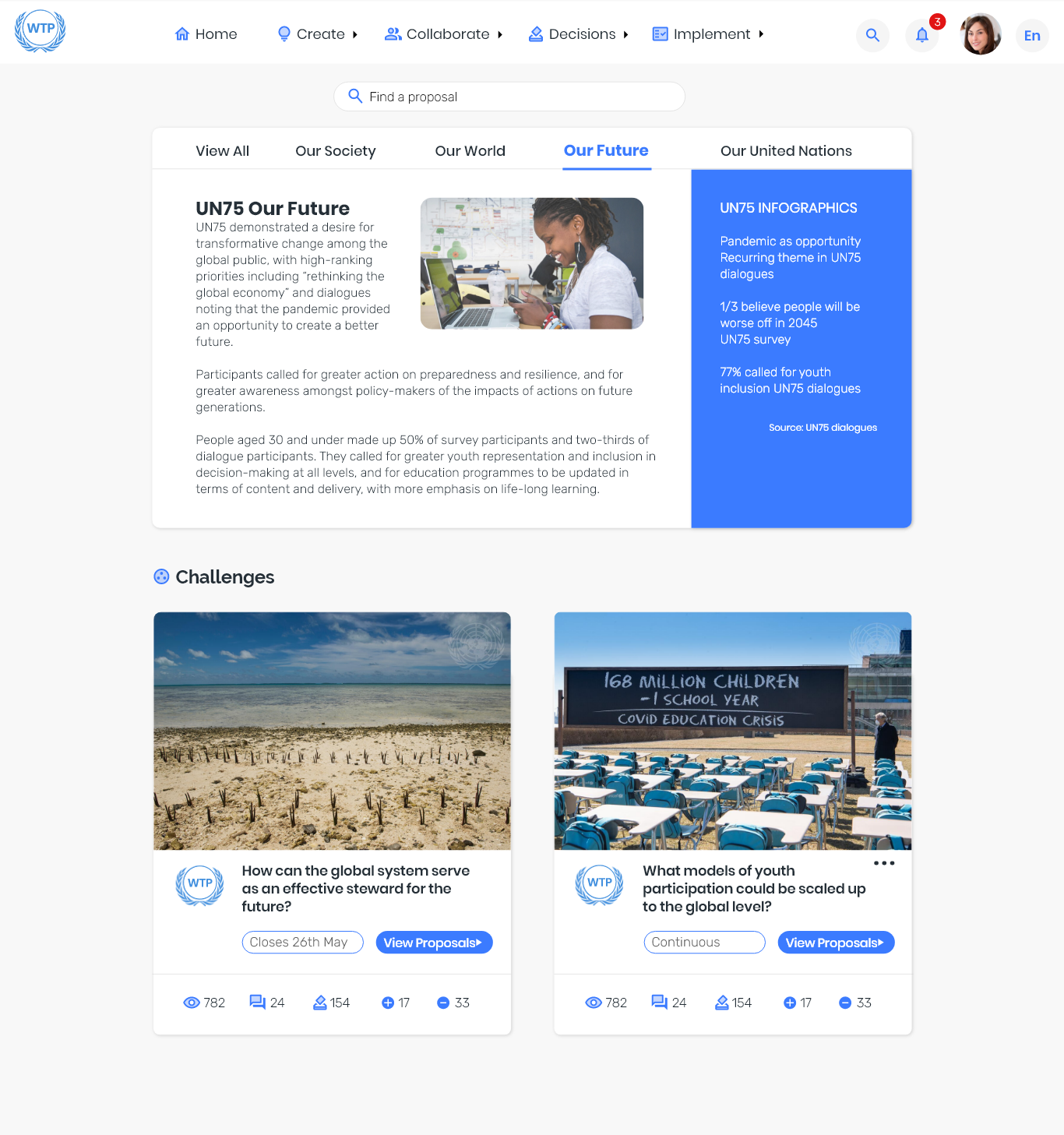
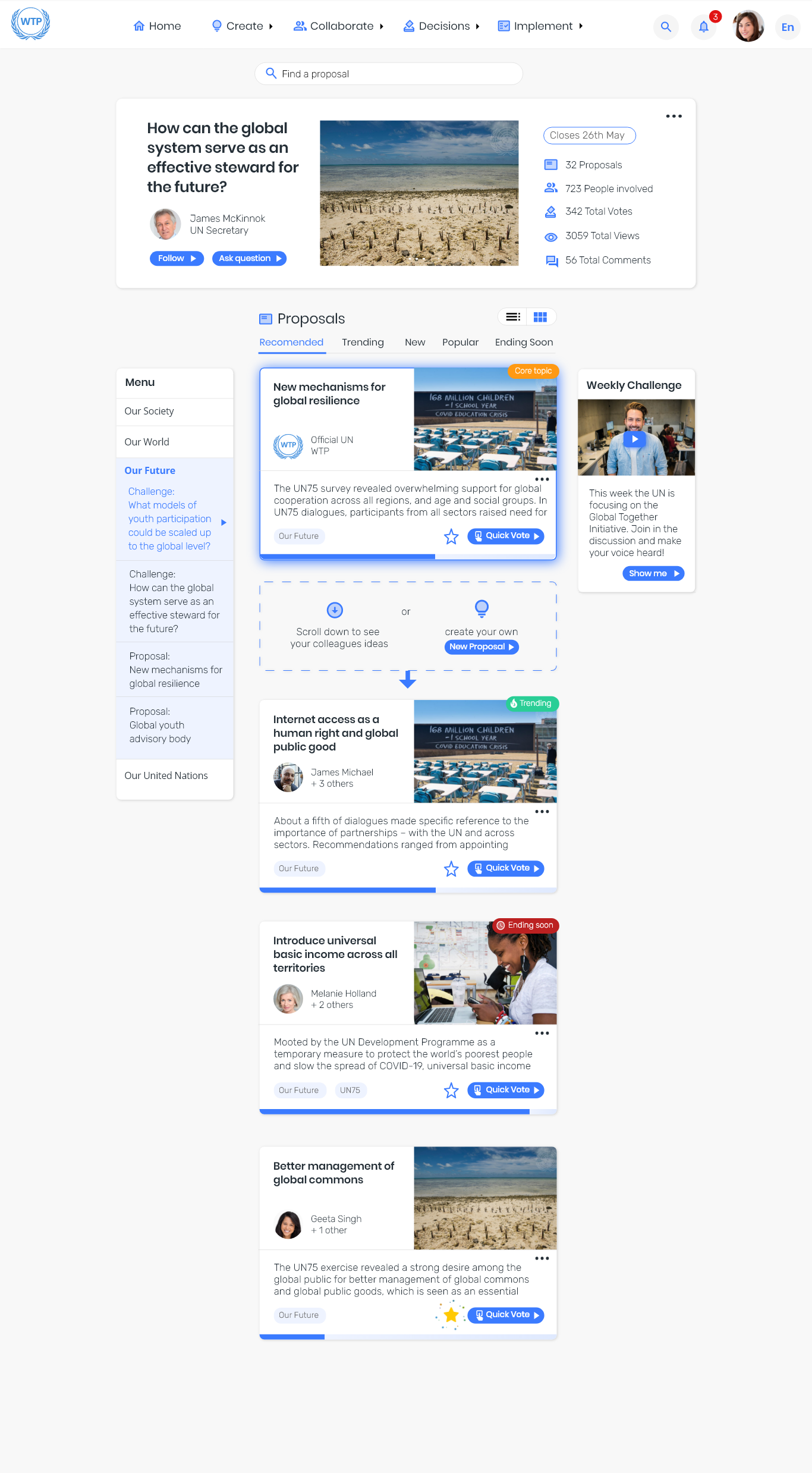




![How to be seen as a Brilliant and Bold Leader [Become a great Communicator]](https://swae.io/wp-content/uploads/Resources_Swae_Harvard_Business_review_How-to-Be-Seen-as-a-Brilliant-and-Bold-Leader-Become-a-Great-Communicator-400x250.png)
